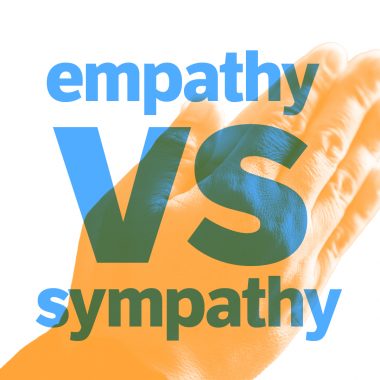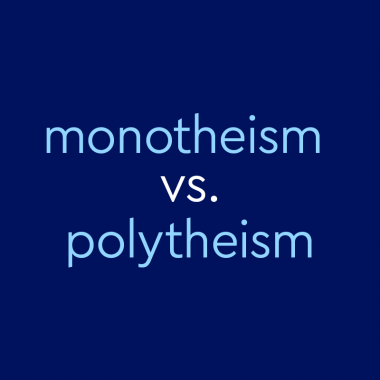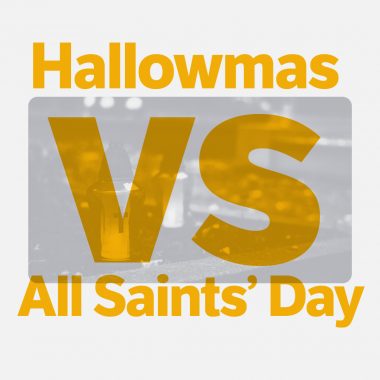“Empathy” vs. “Sympathy:” Which Word To Use And When
The terms empathy and sympathy are often confused, and with good reason. Both of the words deal with the relationship a person has to the feelings and experiences of another person. One involves feeling a certain way about a person, and the other involves feeling the same way that another person does. In this article, we’ll explain the subtle differences between sympathy and empathy, discuss …











